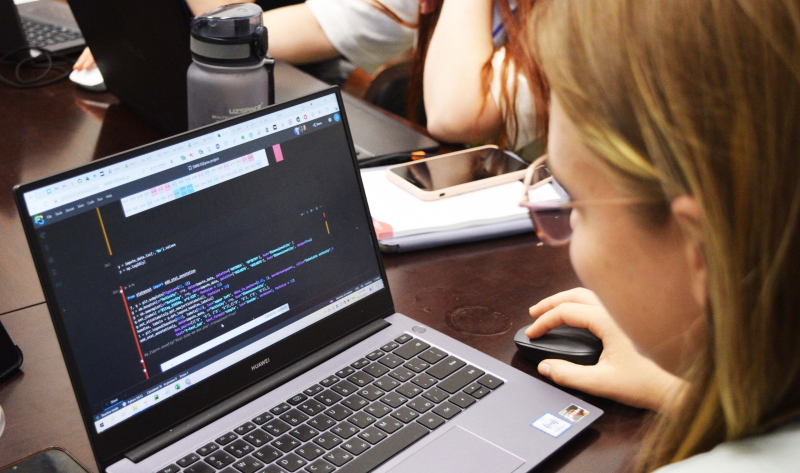The majority of industrial solvents are expensive and toxic for the environment. One alternative are eutectic solvents; these are alloys that melt at lower temperatures than the materials they are made of. By creating different combinations of these materials, it’s possible to produce solvents with target properties: for instance, they could be eco-friendly while at the same time being cost-efficient and highly effective. However, coming up with the optimal composition might take months.
Researchers from ITMO’s SCAMT Institute (Solution Chemistry of Advanced Materials and Technologies) have developed machine learning models that will facilitate this process by predicting the properties of future solvents based on their ingredients.
The novel models take into account the melting points of materials; these parameters indicate whether a mixture would be liquid at a given component ratio. Apart from this algorithm, the service contains several others that calculate the physical and chemical properties of eutectic solvents, including density and viscosity.
Unlike with other papers published on the subject, in this one the researchers considered two- and three-component mixtures with a wide variety of compositions. In order to train the algorithms, the researchers analyzed papers published from 2003 through 2022. As a result, the training dataset on melting temperatures contained 2,000 mixtures, while the one on density and viscosity featured 4,500. Once trained, the models were included in the new online service.
“Science has to be accessible for everyone, and that is why we opted for an open-access web platform. This choice will facilitate the implementations of eutectic solvents in research and industry. We have additionally tested our models on separately collected data that wasn’t used in training. As a result, our solution demonstrated outstanding results: melting temperatures, density, and viscosity are predicted with an accuracy up to 90%,” says Valeria Odegova, the paper’s first author and a Master’s student in the program Chemistry and Artificial Intelligence.

Valeria Odegova. Photo by ITMO's Center for AI in Chemistry
In the future, the team is planning to expand the service’s database and focus on predicting other properties of organic solvents, such as acidity and polarity.
This research project was conducted under the aegis of ITMO’s Advanced Engineering School, developed in collaboration with the Russian oil company Tatneft.




